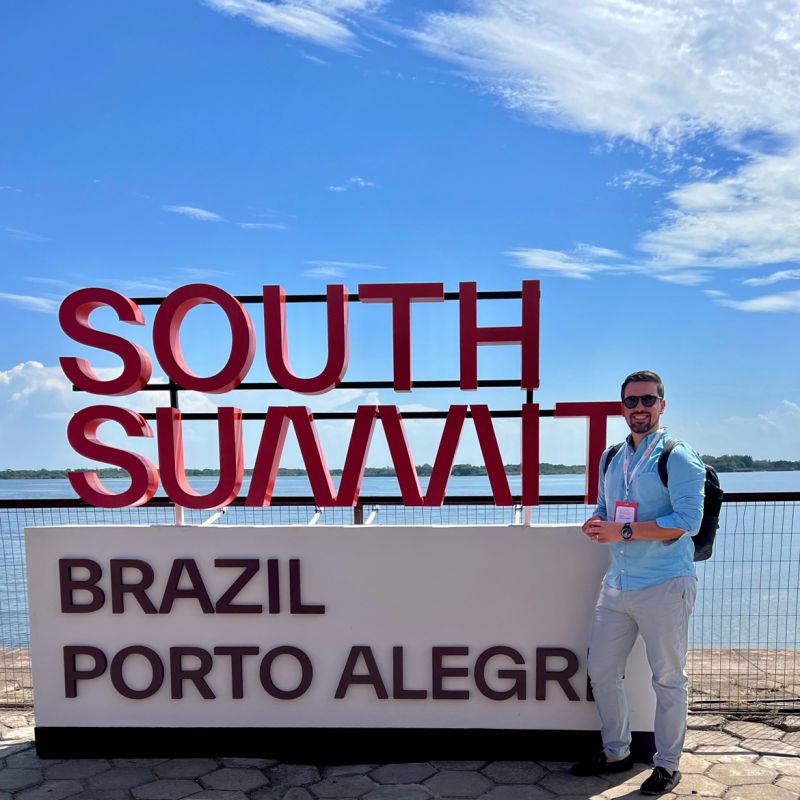Time With Andre Moreira — Attorney, FMA Legal

Photo credit: LinkedIn
Esports has been established by description as competitive gaming, with adequate practice and coaching that goes with it, to which a community is being built off. To move further with taking things serious in this arena, there is the need to establish the notion amongst clients, brands and teams that this is a business, and that requires a good deal of legal advice to ensure that every deal presented is taken through enough scrutiny and cross-checking before signatures and stamps are embossed on contracts.
Our guest for this episode, Mr. Andre Moreira, who is a Brazilian lawyer with FMA Legal, takes us through esports and its associated with the law, as well as intellectual property (IP).
Andre identifies the Brazil esports scene as one that is mature, similarly as the European and US industries, making it into the top ten rankings in the esports industry, with considerable growth spanning in about three to four years and a possible future of having a healthy market for esports.
The law in Brazil according to Andre is created as a projection of things happening in the now with society, which have the tendencies of being ineffective, so with the instances of player organization disputes, judges have to know about esports and gaming, and for the most parts do not have a jury for that; rather a technical expert to help the judge with the case. Mostly juries are had for cases such as murder, homicide, etc – capital penalties. Esports in Brazil is having some regulations being made around it without considering the context of markets, and the bills presented so far have been poorly proposed. But that is being studied carefully and with time will receive proper attention as the industry continues to grow.
Team owner agreements with partners and players are to be clearly established with the team roles to be played defined (marketing, management, commercial) and what also happens to persons that leave, how their shares are handled – either they are bought or have a partner replaced while profits are shared upon revenue gathered. All of this is put on a document, of course. With these parts established, then you can move on to the next set of people – team players, streamers, and sometimes even service providers to establish the rules on how they should work. The esports industry is an audience-based project, and with that it is supposed to have nine intellectual properties over those assets, and these assets are to be assigned to the author and belong to the country’s legal system.
“Of course, you must protect your own intellectual property.” – Andre Moreira, FMA Legal
Esports is a totally IP-based industry and as such you would have to have your intellectual property protected, from your organization’s trademark, to how you use the trademark in tournaments by following the rules, because there have been instances of organizations using other IPs for tournaments and have had to be stopped in the middle of the tournaments, with materials created under the name and financial losses caused. Also there is the aspect of having and using your license in accordance with the rules established to help in exploiting creation and preventing violations or infringements as a result of, say, disrespecting IPs from publishers.
The aspects of prize pools, sponsorships and brand endorsements are also covered in this episode, with careful breakdowns by Andre on having documents prepared, how to secure licenses and sponsorships for tournaments, and what is important to note from this episode is that it is not legal advice, but rather what you should be asking your attorneys for.
Esports has helped create jobs for lots of people. Interested in knowing about the business side of esports? Listen to the Gamers Change Lives Podcast! We get experienced guests from all around the world featuring.
Written By Jeffrey Osei-Agyeman









